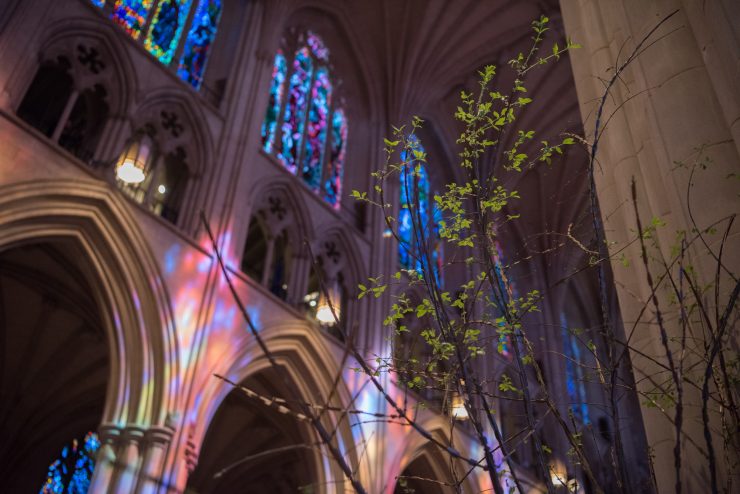Knowing What You Need

Luke 18:9-14
He also told this parable to some who trusted in themselves that they were righteous and regarded others with contempt: “Two men went up to the temple to pray, one a Pharisee and the other a tax collector. The Pharisee, standing by himself, was praying thus, ‘God, I thank you that I am not like other people: thieves, rogues, adulterers, or even like this tax collector. I fast twice a week; I give a tenth of all my income.’ But the tax collector, standing far off, would not even lift up his eyes to heaven but was beating his breast and saying, ‘God, be merciful to me, a sinner!’ I tell you, this man went down to his home justified rather than the other, for all who exalt themselves will be humbled, but all who humble themselves will be exalted.”
Hubris, pride, and self-righteousness—these are the ever-present snares of the educated, the sophisticated, and the enlightened. These are the very sins that betrayed the Pharisee, and they continue to tempt us all. Often, we are blind to our own arrogance, unaware of the assumptions we make about those around us. How often do we find ourselves silently thinking, “Thank God I am not like them”? How often do we feel just a little too satisfied with ourselves—our choices, our accomplishments, our perceived righteousness—when what we should do is fall to our knees in humble gratitude for all of God’s unearned blessings?
Pride is a problem, and this parable is, on one level, a warning about pride—my pride, your pride, the Pharisee’s pride. But at its heart, it is not just a parable about human failing; it is a story about divine grace. More importantly, it is the story of God’s love and mercy freely given to a tax collector who had done nothing to earn it. That is what grace is—the unearned, sometimes even unasked for, love of God. And the crucial difference between the Pharisee and the tax collector was not their righteousness or their sinfulness, but their awareness of their need. The tax collector cried out for mercy, while the Pharisee was too blind to see that he needed it. And if we are honest, many of us are far closer to being like the Pharisee than we might like to admit.
My friends, Lent is the time when we are asked to be honest with ourselves about our hubris, our self-righteousness. Every single one of us is a deeply sinful human being, and it is God’s grace and mercy that we need most of all. It was grace that the tax collector hungered for. And it was grace that the Pharisee was too blind to see.
In the end, what will truly matter about our lives? It will not be the positions we held, the wealth we accumulated, or the reputations we built. Our achievements, our titles, our carefully curated images—these will all fade away. But what will endure is love: Did we love the people God placed in our care? Did we walk humbly with our Lord? Did we seek mercy and teach others to do the same? If we can answer yes to these, then we will have lived well. And that, my friends, is what I hope for all of us. Amen.
Blessings,
Randy+
prayer
Almighty God, you know that we have no power in ourselves to help ourselves: Keep us both outwardly in our bodies and inwardly in our souls, that we may be defended from all adversities which may happen to the body, and from all evil thoughts which may assault and hurt the soul; through Jesus Christ our Lord, who lives and reigns with you and the Holy Spirit, one God, for ever and ever. Amen.
Daily Lenten meditations each have a companion morning prayer video offered by the same clergy. View the YouTube playlist to find this meditation’s companion video, or to watch others.